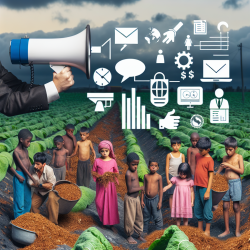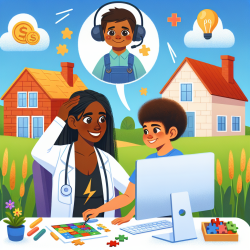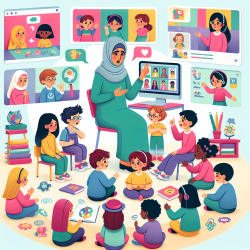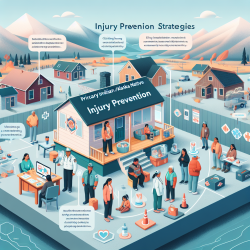Public health emergencies (PHEs), such as pandemics and natural disasters, have far-reaching effects on societies worldwide. A recent rapid review titled "Association between public health emergencies and sexual and reproductive health, gender-based violence, and early marriage among adolescent girls" sheds light on how these crises disproportionately affect adolescent girls. This blog post explores the key findings of this research and offers actionable steps for practitioners to mitigate these impacts.
The Triple Threat: Gender-Based Violence, Early Marriage, and Sexual Health
The rapid review synthesized evidence from 11 studies to examine the relationship between PHEs and three critical outcomes for adolescent girls: gender-based violence (GBV), early marriage, and sexual and reproductive health (SRH). The findings reveal that during crises:
- There is an increase in physical, psychological, and sexual abuse.
- Teenage pregnancies become more prevalent.
- Poor menstrual hygiene management is exacerbated.
- Early marriages occur more frequently.
The underlying mechanisms include home confinement, school closures, financial instability, and increased workloads for adolescent girls.
Practical Steps for Practitioners
Practitioners working with adolescents can play a pivotal role in addressing these challenges. Here are some strategies to consider:
1. Create Safe Spaces
Develop programs that provide safe spaces for girls to connect with peers and mentors. These environments can offer support and reduce the risk of abuse by minimizing time spent in unsafe settings.
2. Promote Financial Literacy
Offer financial literacy training to empower girls economically. This knowledge can help them make informed decisions about their futures and reduce dependency on potentially harmful relationships.
3. Enhance Access to Healthcare
Ensure that healthcare services remain accessible during PHEs. Mobile clinics or telehealth services can provide essential SRH resources, including contraceptives and menstrual hygiene products.
4. Advocate for Policy Changes
Engage with policymakers to advocate for policies that protect the rights of adolescent girls during emergencies. This includes ensuring continued access to education and safeguarding against early marriage.
Encouraging Further Research
The rapid review highlights gaps in existing research, particularly concerning the impact of PHEs on vulnerable groups such as LGBTQ+ youth or adolescents with disabilities. Practitioners are encouraged to contribute to this body of knowledge by conducting further research in these areas.
A Call to Action
The findings from this review underscore the urgent need for tailored interventions that address the unique challenges faced by adolescent girls during public health emergencies. By implementing the strategies outlined above, practitioners can help mitigate these impacts and promote gender equality.
To read the original research paper, please follow this link: Association between public health emergencies and sexual and reproductive health, gender-based violence, and early marriage among adolescent girls: a rapid review.










